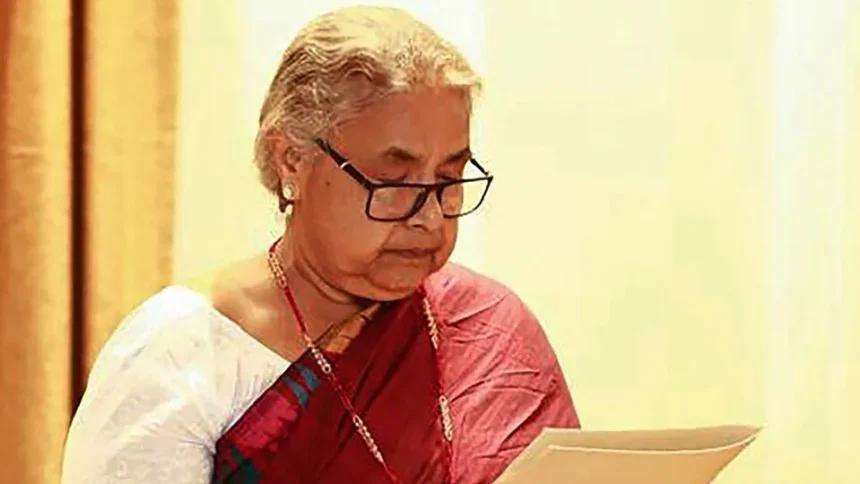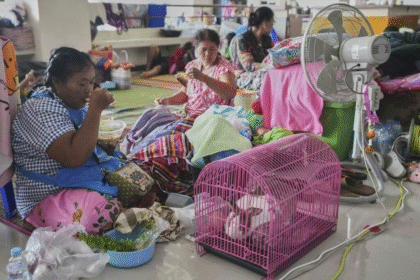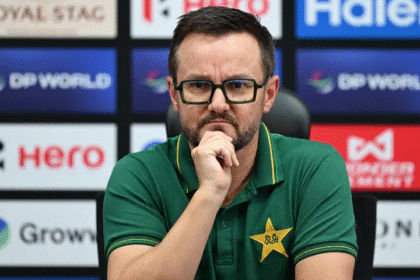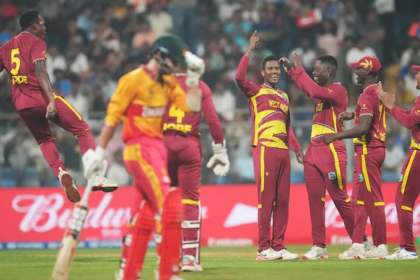Nepal’s First Woman PM: Sushila Karki Sworn In Amid Crisis
Kathmandu: Four days after protests toppled the powerful coalition government led by K.P. Sharma Oli, Nepal President Ramchandra Paudel has appointed former chief justice Sushila Karki as the interim head of the government.
During the violent protests on September 8 and 9, at least 51 people were killed – a number that could go up as police forces continue to recover dead bodies in burnt private houses and commercial buildings – and more than 400 others remain injured.
Paudel administered the oath of office and secrecy to Karki in the Presidential Palace in Kathmandu at around 9:45 pm local time on Friday (September 12).
On Karki’s recommendation as prime minister Paudel then dissolved Nepal’s lower house of parliament, its 275-member House of Representatives, with effect on 11 pm local time.
Karki also decided that the next election to the House of Representatives must take place on March 6 next year.
India late on Friday said it welcomed the formation of an interim government led by Karki and that it hoped the move will ‘foster peace and stability in Nepal’.
“As a close neighbour, a fellow democracy and a long term development partner, India will continue to work closely with Nepal for the well-being and prosperity of our two peoples and countries,” the Ministry of External Affairs said in a statement.
Indian ambassador to Nepal Naveen Srivastava was present at Karki’s oath-taking ceremony, as were the envoys of China and a number of European countries.
The ‘Gen-Z’ leaders who led protests on September 8 against a social media ban and endemic corruption – and which spiralled into Nepal’s worst episode of political upheaval in years – had demanded the dissolution of the House of Representatives.
The country’s major political parties, such as the Nepali Congress and the Communist Party of Nepal (Unified Marxist-Leninist) (CPN-UML) – both of which were at the helm until Oli’s resignation on Tuesday – had stood against the idea of dissolving the House.
Initially, Paudel was hesitant to dissolve the House, but he was under pressure from the Nepal Army and from Gen-Z leaders to pave a way out of the current crisis.
The CPN-UML as well as the CPN (Maoist Centre) that was in the opposition have said after Karki’s oath that they oppose the House’s dissolution.
Without support from the country’s major parties, Karki’s responsibility of holding fresh elections could turn out to be a difficult task. They may gradually become united to push forward their agenda.
During Karki’s oath, no leaders from any major parties were present and neither was Oli. Baburam Bhattarai, a former prime minister who is now with the Nepal Socialist Party, was however at the Presidential Palace.
In 2013, the then-chief justice Khil Raj Regmi-led interim government successfully held the second constituent assembly elections owing to the support of the major parties, but this time Karki is unlikely to enjoy such support.
She could face a sort of dual pressure in office: one the one hand Gen-Z protesters may look to her to act against political parties in the name of corruption, while on the other hand the major parties given their strength at the local and central levels may not provide their support to the government.
Apart from holding democratic elections as soon as possible in order to hand over power to elected representatives, the other major challenge before Karki is to revive an already troubled economy that has been badly hit by the protests.
Similarly, she faces domestic and international pressure to address the serious human rights violations committed during the protests.
On the external front, she faces the big task of assuring the international community that Nepal is safe for investment, and of securing global support for reconstruction and holding the elections.
And as for every government in Kathmandu, another significant challenge for her will be to deal with the three major powers of India, China and the US.
Enjoying a clean reputation, Karki has made history for the second time
Karki, who served as Nepal’s maiden female chief justice, has again made history by becoming the first woman to head its government.
Born on June 17, 1952 in Biratnagar in eastern Nepal, Karki completed her bachelor’s degree from the Mahendra Morang College in her hometown.
She later pursued a master’s degree in political science from the Banaras Hindu University. Following that, she earned a Bachelor of Law degree from Tribhuvan University, which marked the beginning of her legal career.
Karki worked as an advocate and also taught at various colleges and universities. In 2008, she was appointed as a justice of the Supreme Court of Nepal, and in 2016 she became the country’s first female chief justice.
During her judicial career, Karki earned a reputation for integrity and impartiality, maintaining a clean image devoid of political affiliation. After retiring from the Supreme Court, she became actively involved in anti-corruption campaigns.
In recent years, she has urged senior political leaders to step down and allow the younger generation to take over the reins of leadership. Her support for the Gen-Z movement gained significant backing from protesters, which ultimately contributed to her rise as prime minister.
Karki also maintains good relations with major political parties and Indian leaders, a factor that is expected to aid her in her governance moving forward.
Also Read: Gaza City Under Fire: 30 Final Minutes Before Tower Destruction








